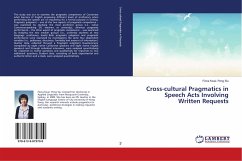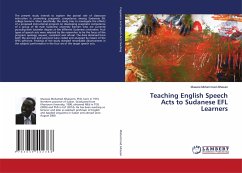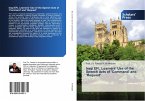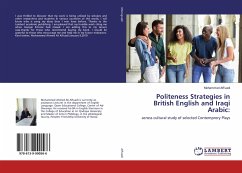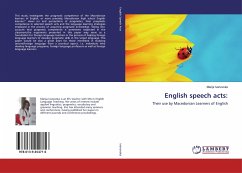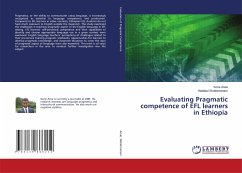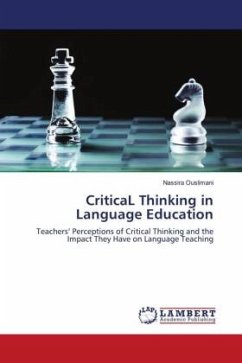This study sets out to examine the pragmatic competence of Cantonese adult learners of English possessing different levels of proficiency when performing the speech act of requesting for a formal purpose in writing. Pragmatic judgment - one of the two aspects of pragmatic competence - was examined by studying the most proficient group (i.e., native Cantonese-speaking EFL teachers at university), whereas pragmatic performance - the other aspect of pragmatic competence - was examined by studying the two weaker groups (i.e., university students at two language proficiency levels). Both pragmatic judgment and pragmatic performance were examined by investigating the same four dependent variables (i.e., politeness, directness, formality and amount of information). Teacher data, collected through a Pragmatic Judgment Questionnaire (completed by eight native Cantonese speakers and eight native English speakers) and through individual interviews, were analyzed quantitatively for responsesto twelve questions and qualitatively for responses to two additional questions. Student data, consisting of both experimental and authentic letters and e-mails, were analyzed quantitatively.
Bitte wählen Sie Ihr Anliegen aus.
Rechnungen
Retourenschein anfordern
Bestellstatus
Storno

